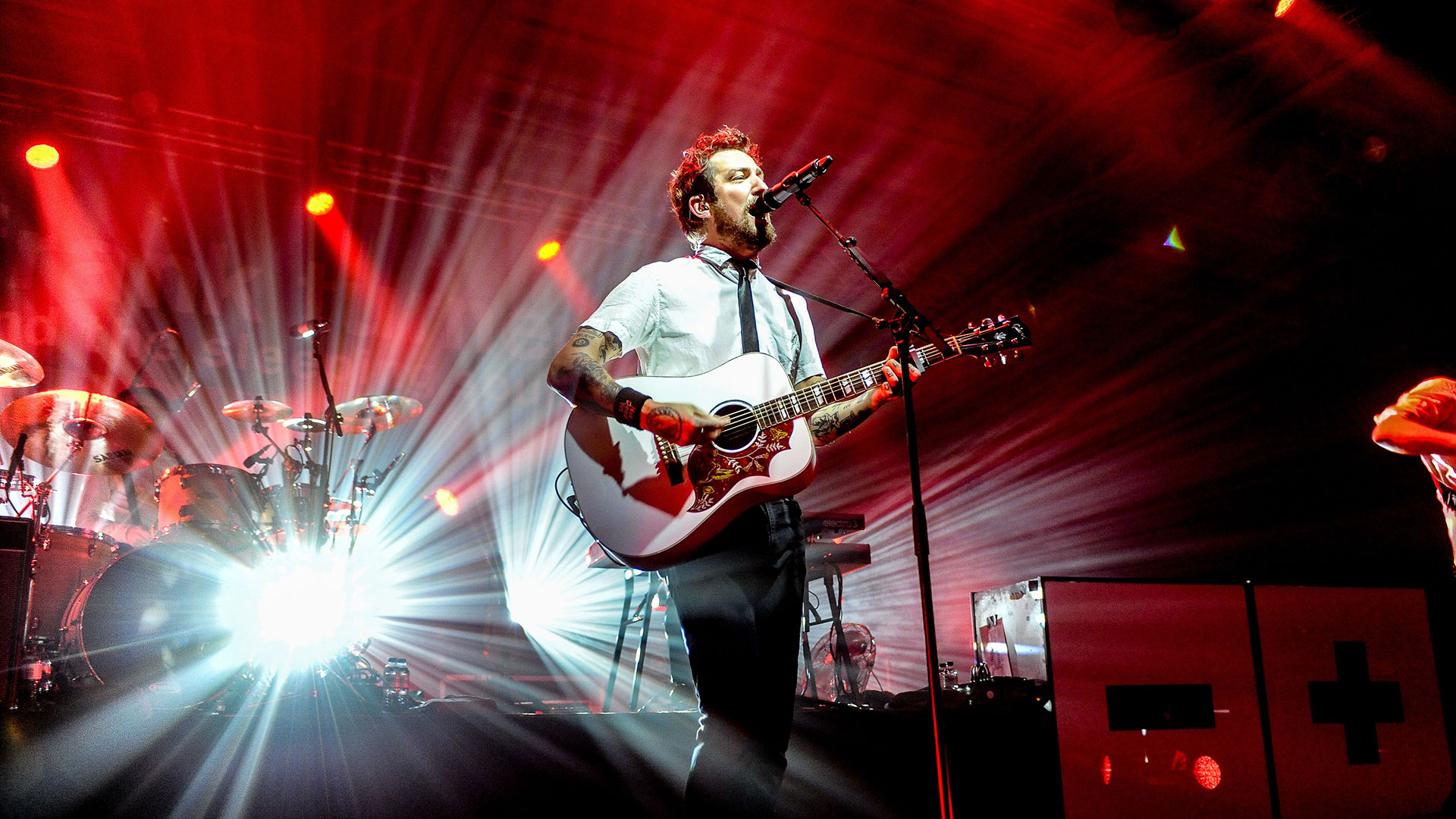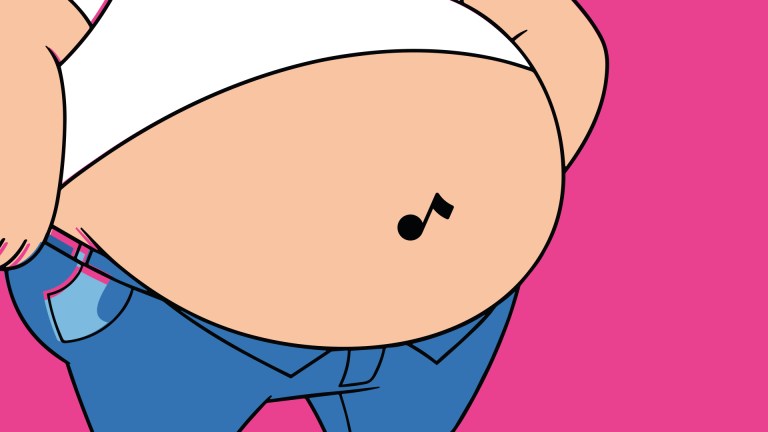In my previous article for The Big Issue about my friend Josh Burdette’s suicide, I talked about trying to end the isolation and the shame and the stigma against discussing issues of mental health. The first step is having a conversation – it could be with your friend, it could be with somebody like the Samaritans helpline, there are different approaches.
But that’s a first step, it’s not a complete solution. I’m not going to claim holistic expertise of the mental health system, and there are certainly flaws and shortcomings and lack of funding to be discussed elsewhere. But my personal experience is that I got involved in CBT – Cognitive Behavioral Therapy. I found the idea of going to therapy very challenging, partly because I was raised in quite an uptight, small ‘c’ conservative family, and partly because having gotten out of that, I started listening to Henry Rollins and Black Flag and hardcore punk. So I was quite cynical of the idea. But I was introduced to CBT by my partner who was very enthusiastic.
People are going to have crises. People are going to have moments of extreme difficulty.
It’s about practical decision making. What are the decisions you’re making that are bad? What are the things you’re doing that you wish you didn’t do, how are you reaching those decisions? What are your triggers? What can you do to rearrange your behavioural patterns or pathways? It was very quickly very effective for me, in terms of building an architecture for dealing with moments of crisis. To the extent that depression is chemical, it’s going to happen. People are going to have crises. People are going to have moments of extreme difficulty. The trick is to try and build an architecture of shock absorbers that can deal with that, and make sure that those moments of crisis don’t turn into anything worse.
It’s not a fix all solution, but I feel like in my experience the crisis moments are defined by feeling like there’s no way out – there’s no light at the end of the tunnel. There’s no respite from what’s currently being experienced. For me CBT gives you the chance to step outside of that, and see it as the other side of the ditch, rather than an inescapable crisis. It’s important for me to phrase that it is working rather than has worked, because it’s an ongoing processes. I check I with my therapist every now and then and every couple of months we’ll meet up and have a conversation, and if I’m in a place where I have more to talk about we’ll book some sessions in.
There are plenty of different approaches. Each person is different and hopefully everyone can find a different combination of approaches that can work for them. For a lot of people it can be stuff like exercise. In fact I have to say that I’ve started doing a lot more physical exercise in the last year or so and I think that I helping as well. For instance I’ve started running – slowly and with a lot of sweating and swearing.
Dealing with mental health issues is as much an art as it is a science, at this point in our medical history. I was quite lucky that the first serious thing that I reached out for made a really big difference. I didn’t go through a trial and error process – other than self-medication, alcohol and drugs, which was just a terrible fucking idea. But I know a lot of people who will get to the point of reaching out for one serious therapy solution, and if that one doesn’t work they go ‘well, fuck it, I’m clearly beyond help’. I think it’s important to try and discourage that approach – it might be that you don’t find the right thing for a while.









